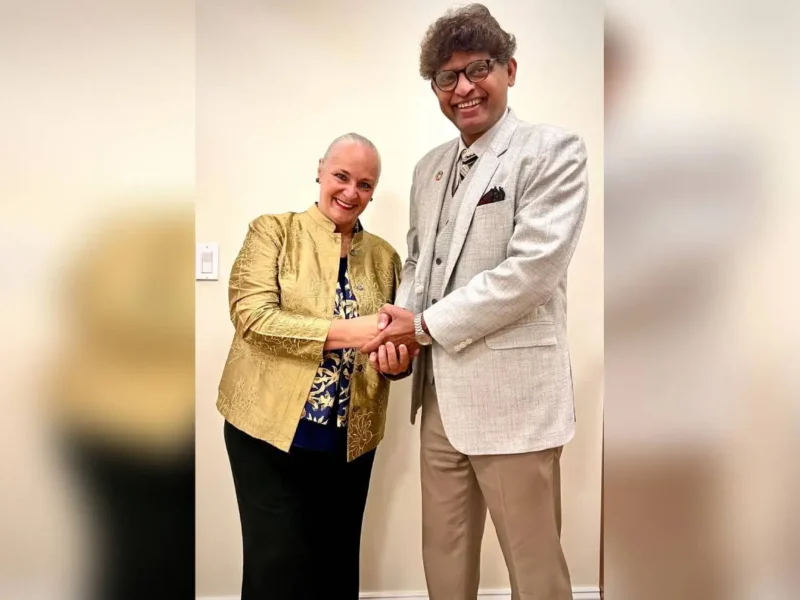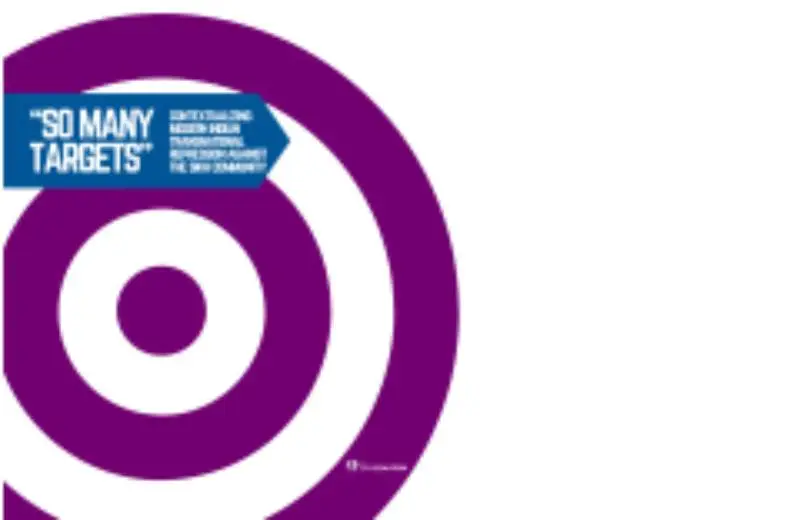
Two Indian Americans Among Children’s Climate Prize 2022 Finalists
Samyak Shrimali and Akhila Ram
India-West Staff Reporter
NEW YORK, NY – Two Indian Americans Samyak Shrimali, from Portland, and Akhila Ram, from Lexington, KY, and an Indian student are among the five finalists for this year’s Children’s Climate Prize. Sparsh from Patna, India, Jacqueline Prawira, from Mountain House, CA and Eiman Jawwad, from Lahore, Pakistan also made it to the finals.
The winner will be announced in November by the Children’s Climate Foundation to develop their project.
Contributions were received from all continents and from over 30 different countries, the foundation said in a press release.
Samyak Shrimali, 17, has designed PlantifyAI, a mobile application that utilizes deep-learning AI algorithms to detect crop diseases efficiently and accurately in plants. When detected, the app also provides treatment steps, common symptoms, and access to recommended curing products. With PlantifyAI, Samyak has provided a free, easy-to-use, and widely accessible tool, directly into the hands of the farmers, which has the potential to significantly increase global food security, and thus reduce hunger and greenhouse gas emissions.
Akhila Ram, 17, has developed a machine learning model that uses satellite data to predict detailed changes in groundwater with high accuracy for the United States. A groundwater monitoring dashboard utilizes the model predictions to provide an accessible way for everyone to be aware of groundwater trends. With these precise measurements, local officials are equipped with the tools needed to preserve their region’s resources, eliminating excess groundwater depletion.
Sparsh, 17, has invented the Thermal Floater, a device that efficiently converts thermal energy from the sun into electrical energy. Sparsh’s floating invention can easily be installed on any inland or stagnant water bodies; thus, it doesn’t require any dedicated land resources. The module is just 15 cm by 15 cm and can easily be connected to several units to generate even more energy. In an array of modules, the system can generate electricity up to 10 kWh per day, which is 3x more efficient than a typical solar panel of the same size.
Jacqueline Prawira, 17, has invented Cyclo. Cloud, which utilizes fish scale waste to adsorb up to 82 % of heavy metals from contaminated wastewater. Eiman Jawwad, 17, has made organic fertilizer utilizing used up tea leaves and coffee to reduce waste and help reduce costs for the nurseries.




